Decompilations could be the solution to ports and remakes in the future
From Ocarina of Time to Jak and Daxter
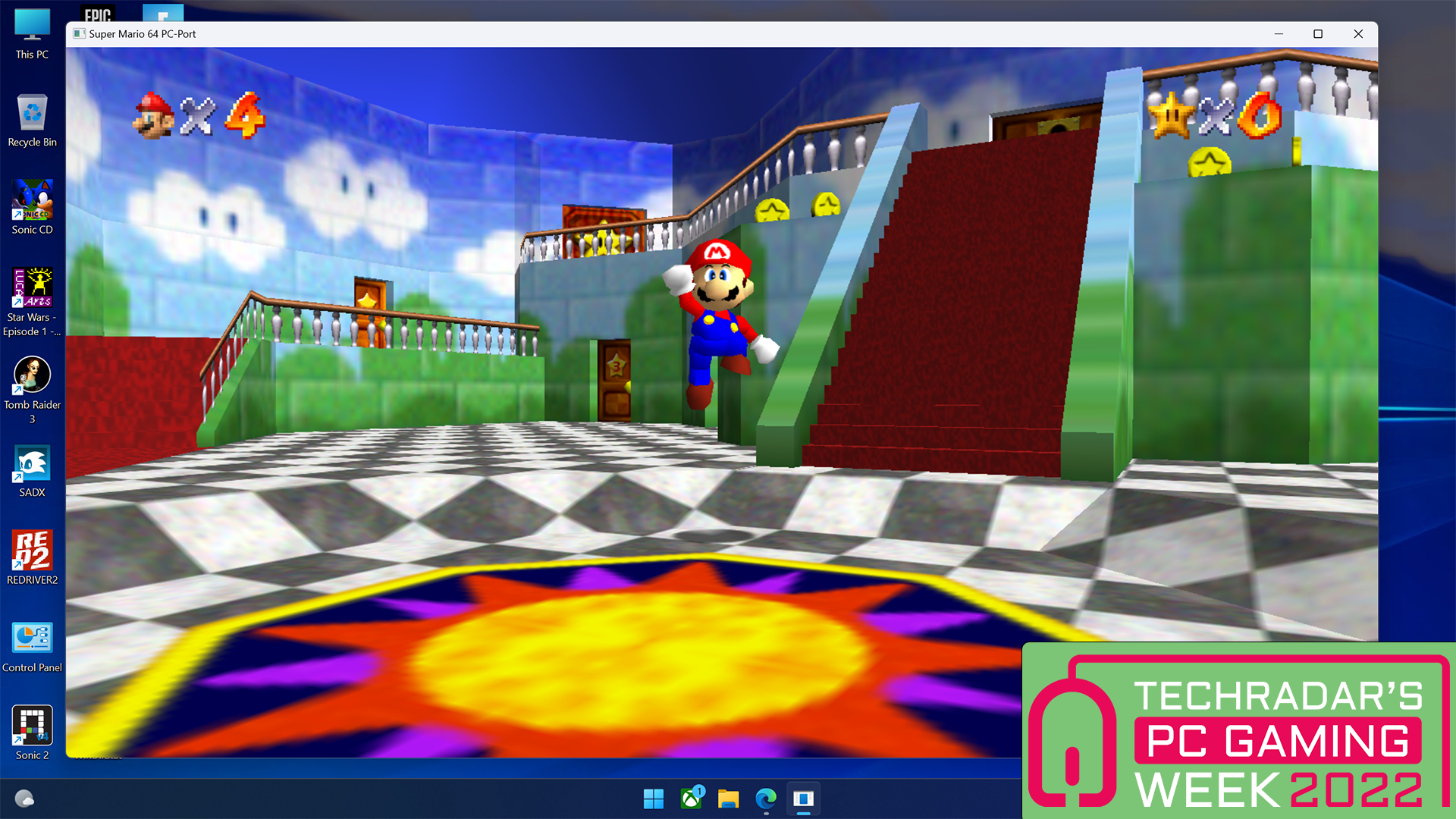
Sign up for breaking news, reviews, opinion, top tech deals, and more.
You are now subscribed
Your newsletter sign-up was successful
Game preservation is something that's grown in importance in recent years, and certain communities are taking it upon themselves to make some retro games work on modern systems where the official developers refuse to.
This is where decompilations have recently come to the forefront. Fans have been going into retail games, and reverse-engineering them, then reducing them to the source code that the original developers used to make the game in the first place, but in a legal approach.
By doing this method, it can enable native ports on PC and consoles, and even make the game available on other systems that were previously unavailable or impossible to be played on. There's a bunch of decompilations that are either complete or in progress, such as Paper Mario and Banjo Kazooie.
With this in mind, we've spotted five games that have either been decompiled or are about to be, and what the potential could be for decompilations going forward.
Jak and Daxter
Created by Naughty Dog, responsible for games such as Crash Bandicoot, Uncharted and The Last of Us, Jak and Daxter was a trilogy that was first released on the PlayStation 2 back in 2001. It's still regarded as a classic and they're all available on the PlayStation Store as a HD remaster, but there's now another way.
Called OpenGoal, its name is based on the engine that powers the Jak trilogy, called GOAL. In the space of a year, the team has been able to get Jak 1 working, to the point where YouTubers are streaming it on Twitch and YouTube.
The Jak series was never released on PC, so to see it with ultra-wide resolutions and mod support coming soon, gives a good idea as to what could have been for a PC port in an official capacity.
Sign up for breaking news, reviews, opinion, top tech deals, and more.
While Jak 1 is already playable from start to finish, the team is already working on the decompilation for Jak 2, which could be ready by March 2023.
Zelda: Ocarina of Time
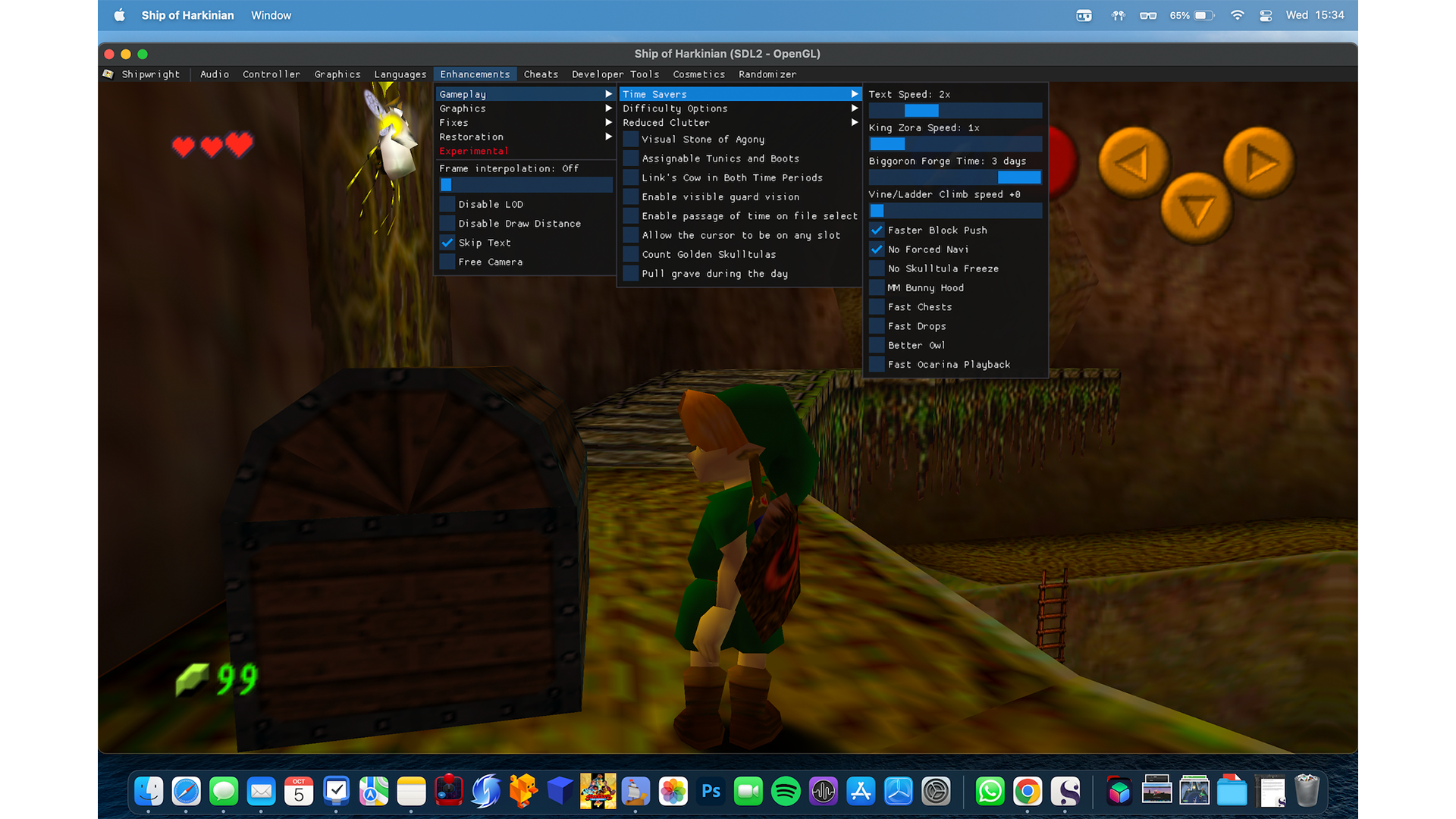
This decompilation began back in March 2020 and was completed by December 2021 by a team called ZRET (Zelda Reverse Engineering Team). However, it's been up to other groups to use these files and make them into something users could play, which is where a group called Ship of Harkinian came in.
Playable on Windows, macOS and Linux, including Steam Deck, not only can you play Nintendo's classic from start to finish, but there are also menus that can change certain aspects to make the game easier or faster.
From skipping any text to changing colors of the inventory, alongside being able to have a free-flowing camera like Breath of the Wild, really helps to update Ocarina of Time for 2023 without broaching the 'if it ain't broke, don't fix it' mantra.
Everything works well here, but the decompilation isn't done, with Majoras Mask currently in progress.
Sonic 1 & 2
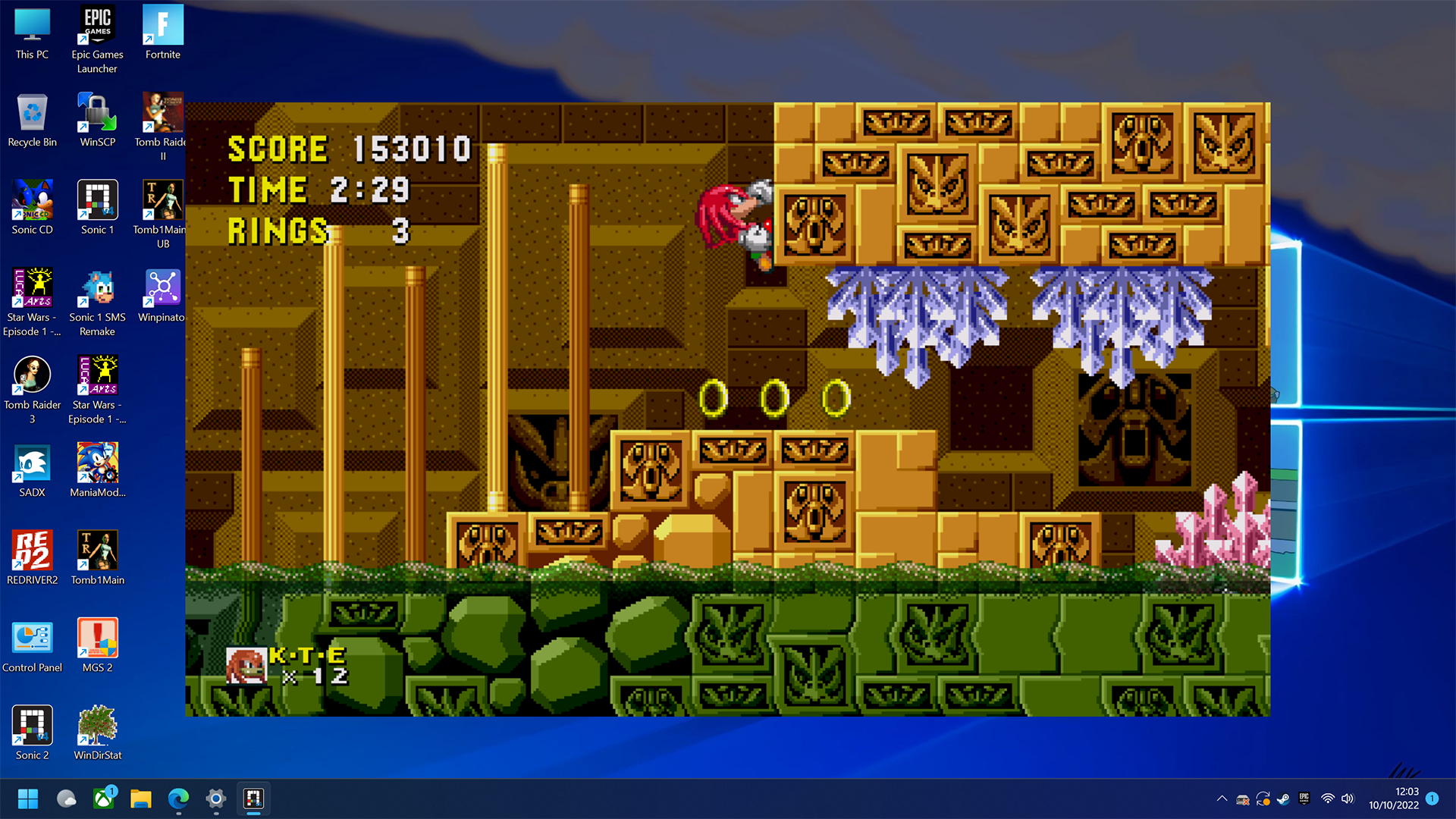
Technically this is a decompilation of a like-for-like remake from 2013, but this still makes the list due to how well this works.
Ports of the Sonic games are plentiful, but not of the widescreen remake of the first two games and Sonic CD that were created by Christian 'Taxman' Whitehead, alongside help by Simon 'Stealth' Thomley, who were then responsible for Sonic Mania in 2017.
Everything runs as intended, and there's a menu where you can easily select a stage or a character if needed. There's also mod support, so if you wanted to add in sprites from Sonic 3, or a different character such as Shadow, it's all possible.
These decompilations have also found themselves on PS Vita and Nintendo 3DS systems at full speed, something that wasn't considered by SEGA at the time. Seeing these run in native widescreen, with mods, is a sight to behold.
With some rejigging, you can also run these on the Steam Deck thanks to Proton, and they arguably run and look much better than how they do in Sonic Origins.
Tomb1Main
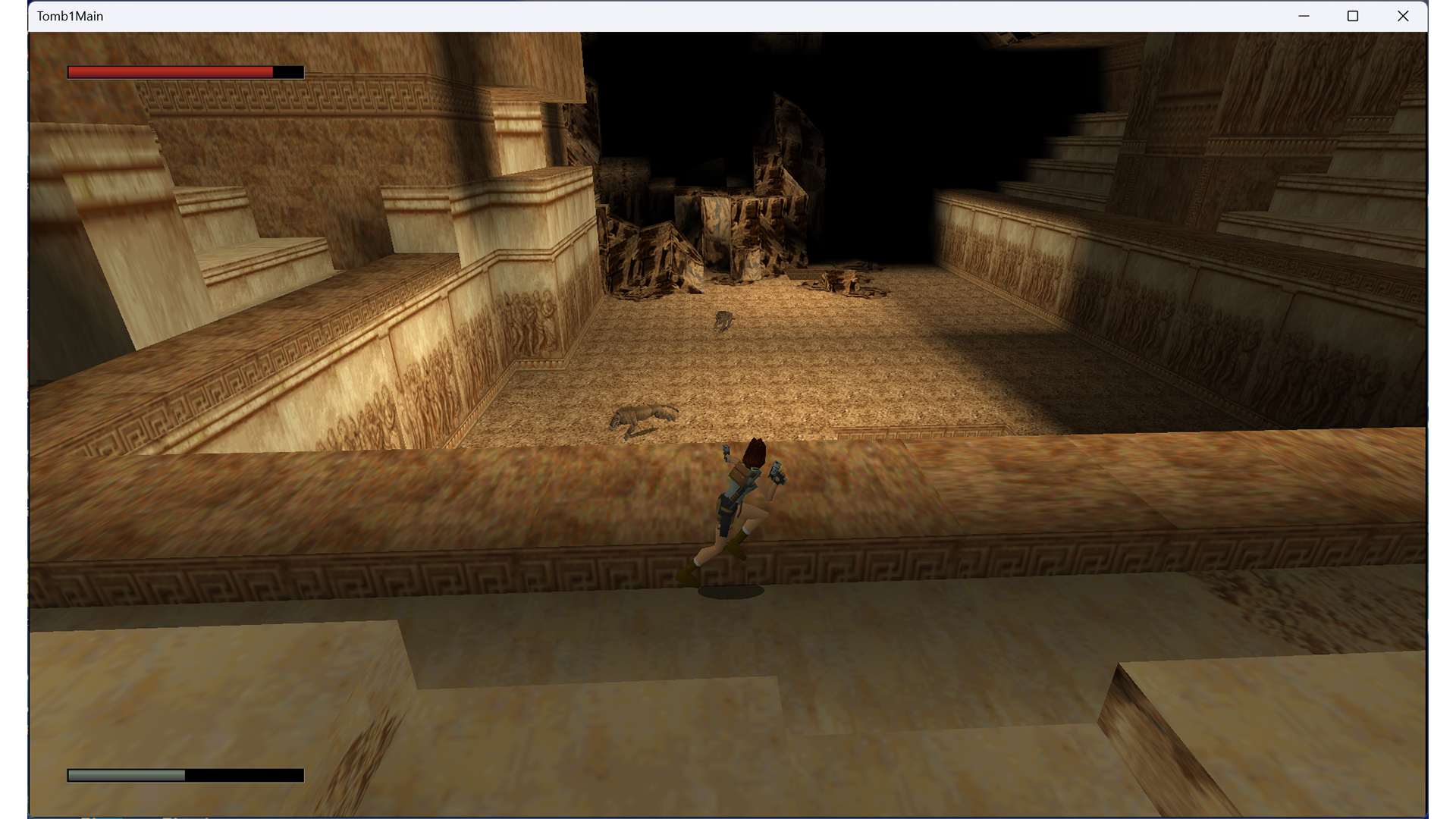
As the years pass, it's getting increasingly difficult to easily play the original Tomb Raider games, first released in 1996. If you buy one of the games from Steam, you're brought to an MS-DOS startup screen for example, or to a bunch of confusing settings that don't make any difference in making the game run on your PC.
This is where a decompilation project by the name of TR1Main comes in. Thanks to the TR community, an installer will convert the original files into a modern folder that enables you to play this on Windows 11, SteamDeck and soon, macOS.
The project brings in native controls for controllers such as the DualSense and more, alongside bringing over certain graphic effects from the PlayStation 1 version, and you can change the draw distance and display an enemy's health too.
Essentially there's a lot you can do here, and while there are similar efforts for other games in the series, it would be good to see Crystal Dynamics look into updating these for players who may not be aware of options like this.
Works great on the Steam Deck, and the pickups finally show up on the bottom-right again.Decompilations could be the future for games like Tomb Raider. https://t.co/YY71ctCadQ pic.twitter.com/gIGYfPJ6ALOctober 16, 2022
As an aside, there have been efforts to create a version of Tomb Raider 3 that's inspired by TR1Main, and it's reached a point where you can easily set it up on a Steam Deck and play from start to finish.
It's already impressive, with options to restore graphical effects from the PlayStation 1 version, alongside fixing bugs such as picked-up items not showing up in the bottom-right corner.
It's constantly being updated, so if you want to play the third installment on your modern PC, or Steam Deck, now's your chance.
Super Mario 64
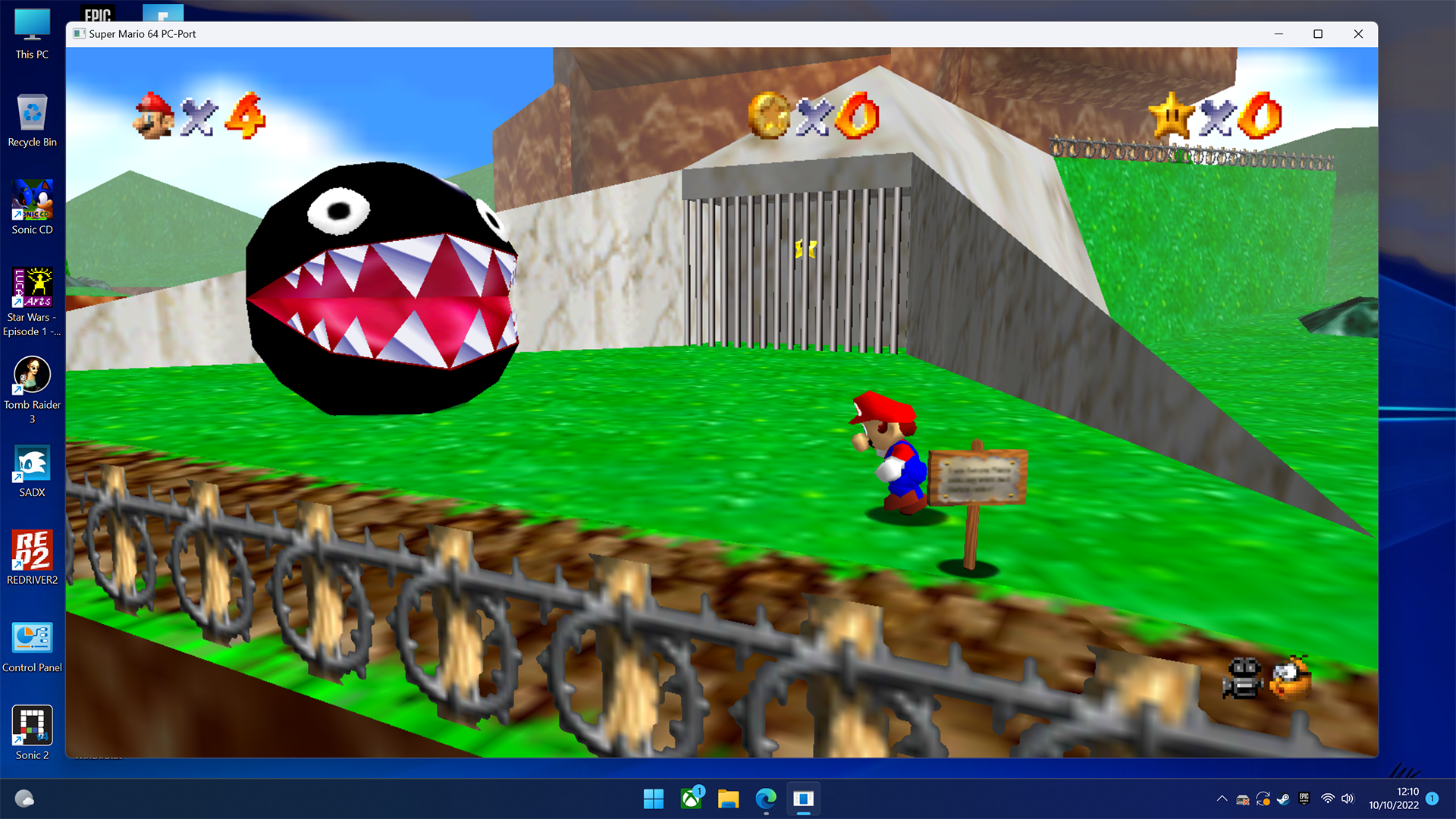
One of the first decompilations that arguably began the rest of the games in this list. When Mario 64 was shown to be running on a PC back in 2020, it was erroneously seen as a hoax or at least running on a modified emulator that was able to run Nintendo 64 games at an ultra-wide resolution.
In 2020 however this was proven to be false, with a full PC port available to play on PC from start to finish. This requires a certain version of the game in order for the application to decompile the ROM and run it on PC, macOS and Linux.
Since its release, there's been impressive mods that have added custom graphics to the port, alongside ray-tracing features that made each level stand out with reflections and bump-mapping to a 26-year-old game, which looks nothing less than stunning.
Obviously, it's impossible that we'll see an official port of this and Zelda to other systems than Nintendo's own products, but to see these games run on modern systems with no issue makes you wonder the other games that are being lost to time and technology.
What other games could benefit?
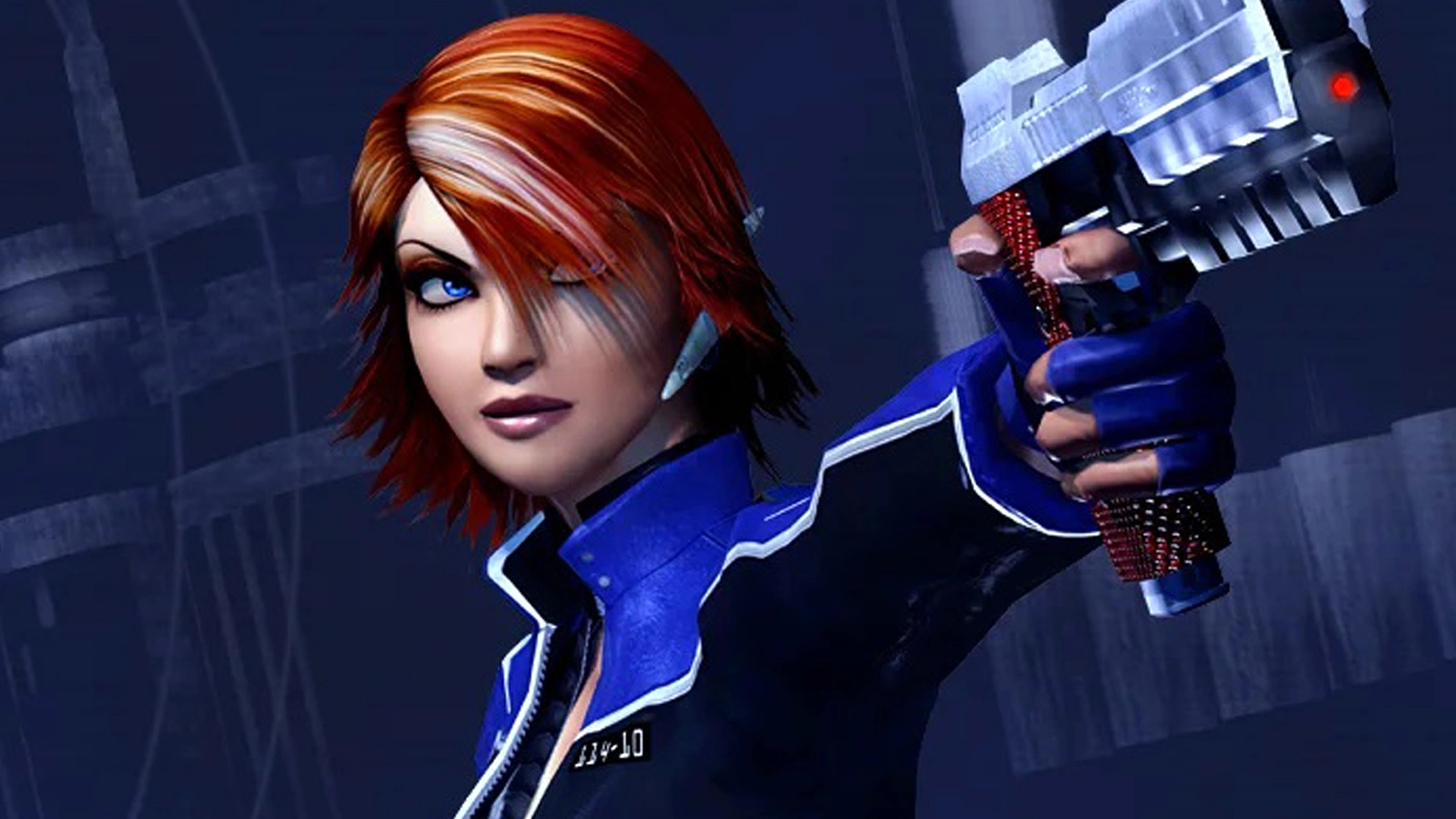
Playing through all of these decompilations, it raises the argument of what's classed as a remaster or remake. We see games like Crash Bandicoot N-Trance Trilogy that have updated graphics but similar physics to the original games, or remakes such as Resident Evil 3 which are inspired by what came before, but miss the mark on what made the game fun and memorable in the first place.
You could wonder for weeks as to why Embracer Group & Crystal Dynamics have so far refused to remaster the original Tomb Raider games for modern systems, or at least make it easier for them to run on Steam, but decompilations could be the answer to this, and a time saver as well.
Instead of fixing bugs and making them compatible, using something like TR1Main could help the games run on modern systems, but also add in optional features that are a staple of modern games, such as cloud saves, achievements, expanded weapons and more.
Perfect Dark, Tekken Tag 1, Final Fantasy IX, Metal Gear Solid 4 and the Rogue Squadron series are all games that would benefit hugely from a decompilation port rather than going down the remaster/remake route. However, it's also the factor of which company owns the license in order to do this.
Regardless, the method shows a lot of promise, and how it could help, rather than hinder game preservation going forward.

Daryl is a freelance writer and author of two books—The Making of Tomb Raider and 50 Years of Boss Fights. A third book, the follow up to ‘Tomb Raider’, comes out in 2026. Having worked at TechRadar previously as a software writer from 2021 to 2023, Daryl understands how software can benefit users, as well as having an interest in how accessibility features can benefit others.
With over a decade of experience, his work has been featured in Tom’s Guide, SUPERJUMP, Pocket Tactics, Radio Times, The Escapist, and more.